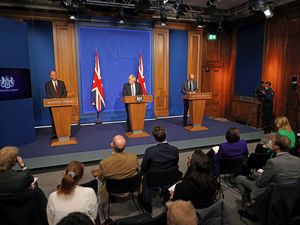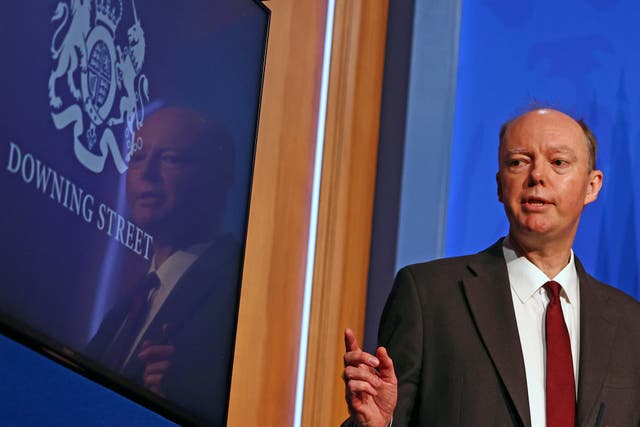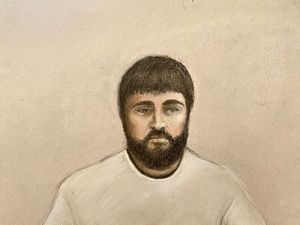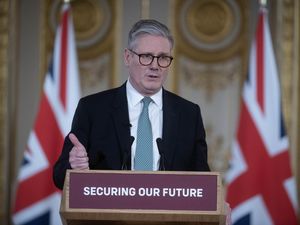Scientists say vaccines may be reformulated later this year to target variants
The comments were made during a press conference in Downing Street.

Coronavirus vaccines may be reformulated in the future to protect people against the Omicron variant but time is being taken first to assess the effectiveness of boosters, scientists have said.
The UK’s chief scientific adviser Sir Patrick Vallance and England’s chief medical officer Professor Chris Whitty made the comments at a Downing Street press conference on Wednesday where Prime Minister Boris Johnson announced England’s move towards Plan B.
The new restrictions see Covid health certificates becoming mandatory in large venues, mask rules being extended and people being told to work from home if they can.
During a question-and-answer session of the briefing, the UK’s top scientists were asked if the general public should expect to routinely be faced with restrictions during the winter as a result of coronavirus.
Sir Patrick said coronavirus might be expected to become like flu, with seasonal peaks and vaccines that needed to be tweaked.
He added Omicron was a “surprise” change, “a big one” and he acknowledged people would feel “deflated” as a result but said there are things “that can be done”.
Sir Patrick told journalists: “I think the vaccines are going to hold up to some extent here, I think probably boosters will really push that to a level that’s going to be important, we need to test that and find out.
“I don’t think it’s a harbinger of what happens hereafter.
“We will see more variants and they will always cause some sort of challenge, but that challenge is the same sort of challenge that you are going to see year on year with other things as well over time.”
Prof Whitty added that we are “immeasurably better off” at fighting coronavirus due to the vaccines, drugs and hospital treatment compared to a year ago, and at “no point” did scientists say there would not be new variants – or significant ones – which evade vaccines.
He said: “Now when it comes to this… I think in the long run the outlook is good, but we have to accept there is still a difficult period.
“In terms of this particular variant, the question I think is really going to be, ‘Is this held by the current vaccines with boosters?’ Or ‘are we actually going to have to do a reformulation of the vaccine at least (for) more vulnerable people and that’s what we will need to do over time?’

“It may be what we have is a transition period where the booster holds it for a bit, and that buys us time, and then we can actually get a specific, or what’s called polyvalent vaccine, and that will allow us then to, from later on in this year, be able to respond to it directly.”
He added that the new restrictions being imposed as a result of the rise in Omicron case numbers is a “setback” rather than “going back to square one”.
Earlier, it was revealed that preliminary studies showed that three doses of Pfizer/BioNTech Covid-19 vaccine appear to neutralise Omicron.
Pfizer and BioNTech previously stated they were working on a variant-specific vaccine for Omicron, and added on Wednesday it could be available by March.





